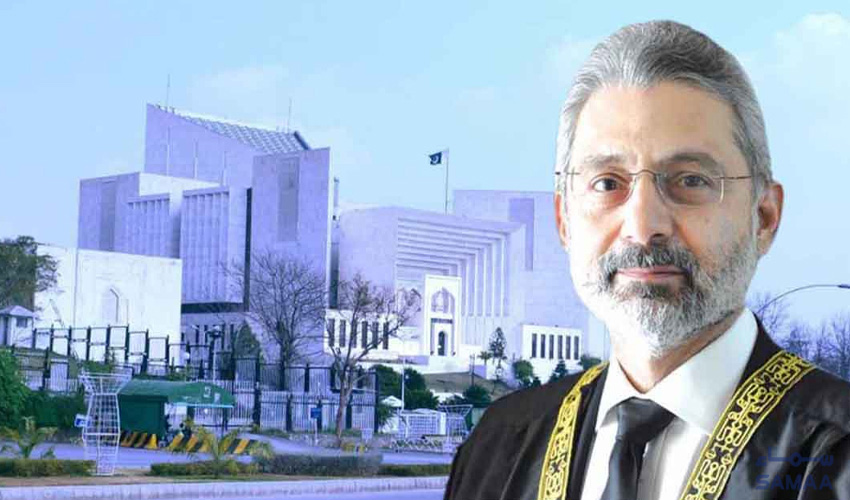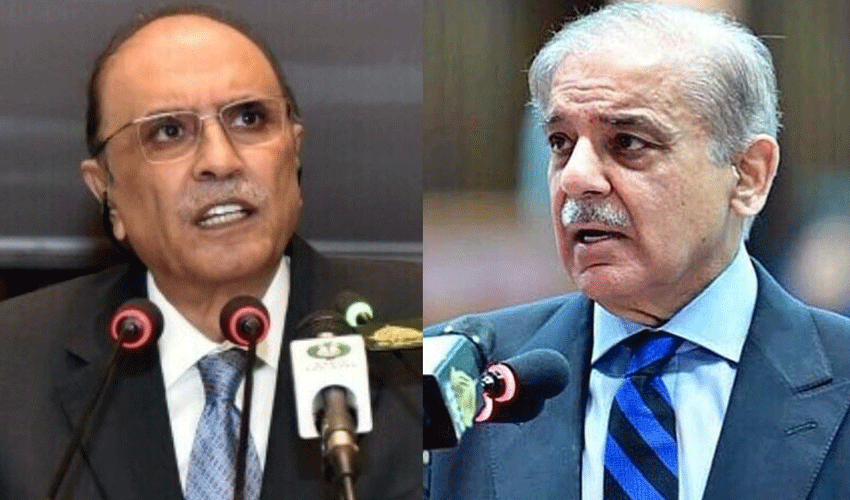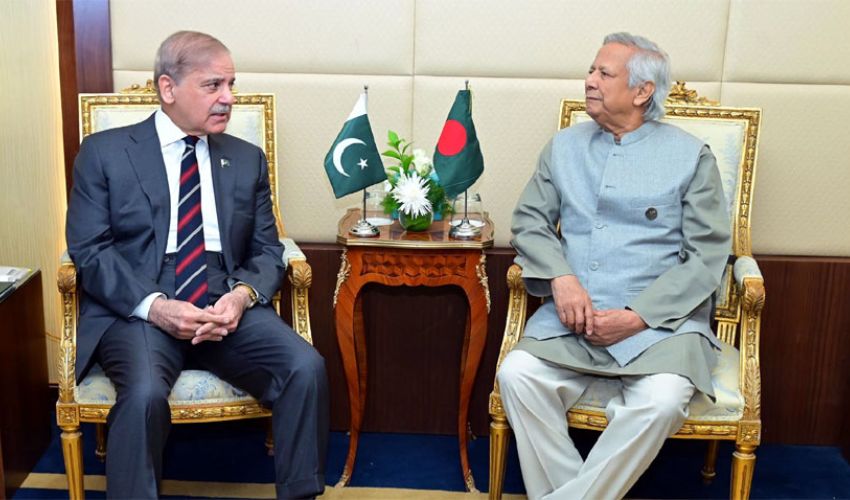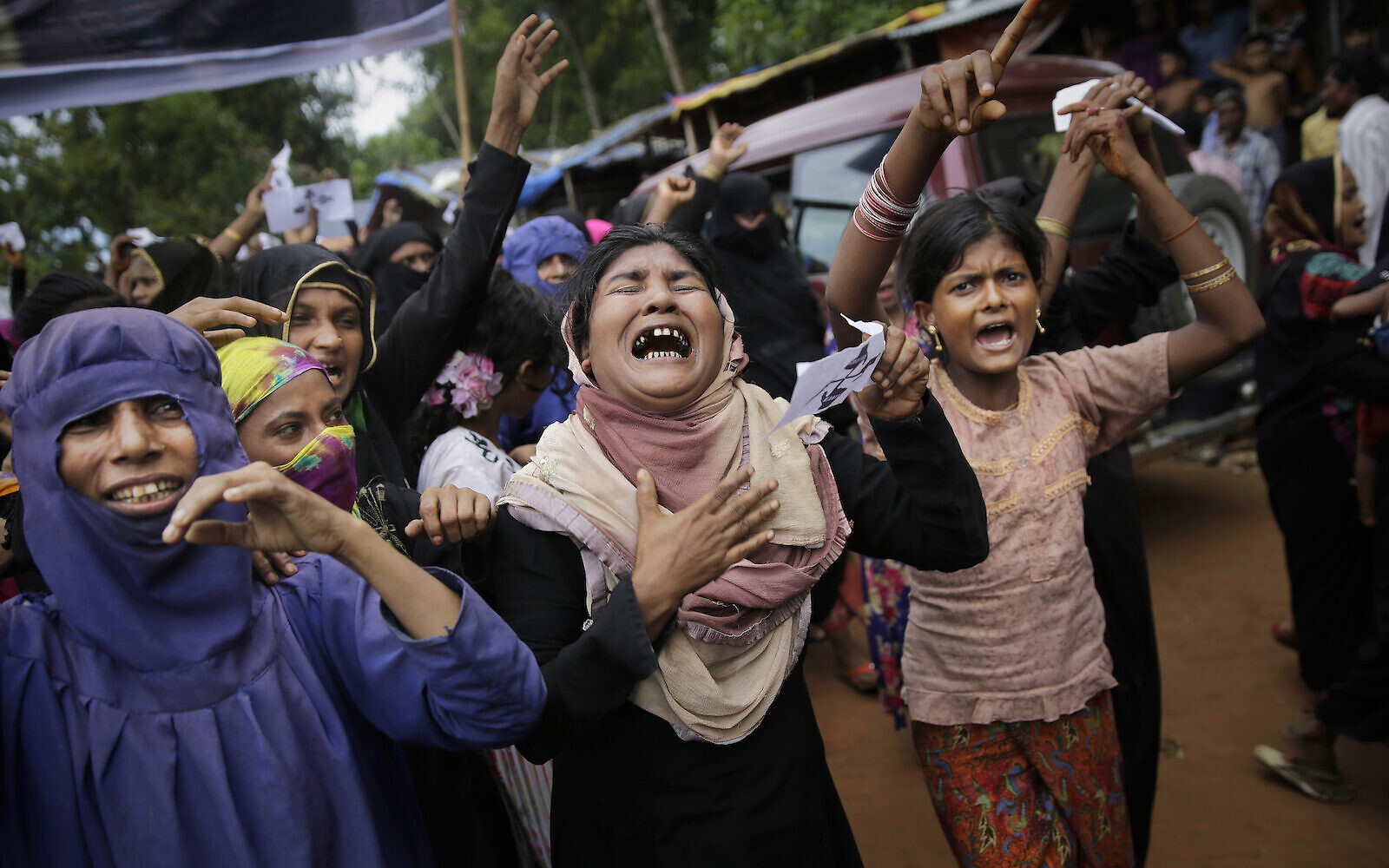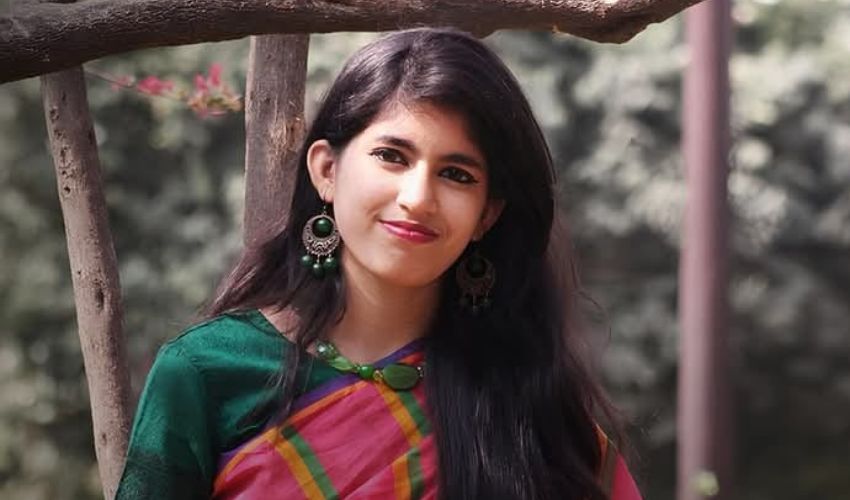The Supreme Court has released a detailed 16-page written judgment on the government's intra-court appeal regarding the annulment of amendments to the National Accountability Bureau (NAB) law.
The decision, authored by Chief Justice of Pakistan Qazi Faez Isa, overturns the previous ruling of a two-member bench and restores the NAB amendments.
The judgment delves into the history of the NAB law, stating that it was enacted by former army chief General Pervez Musharraf just 34 days after seizing power by force. The court highlighted that Musharraf dismissed the constitutional democratic system and used the law for his own political agenda.
The decision notes that Musharraf removed Supreme Court judges who opposed his unconstitutional actions.
Justice Athar Minallah also provided an additional note wherein he agreed with Chief Justice Isa's ruling. He pointed out that the government's appeal were not acceptable under the Supreme Court Practice and Procedure Act, emphasizing that appeals from the aggrieved parties are accepted.
He declared the earlier decision, which invalidated the NAB amendments, null and void, further stressing that no exemptions from NAB laws should apply to judges or military officials.
The Supreme Court underscored that the judiciary and legislature's roles in the Constitution were clear and they must be very careful not to interfere in each other's jurisdiction. It reminded both branches to serve the people within the duties set by the Constitution. The court also reiterated that the judiciary, including the chief justice, is not the "gatekeeper" of parliament.
The court observed that the primary intent of NAB law, according to the preamble drafted during the Musharraf era, was to curb corruption. However, the court noted that it had been used for political revenge and engineering, as politicians who supported Musharraf were often acquitted.
Also Read: SC restores NAB amendments, accepts govt intra-court appeal
"The main purpose of the NAB law was political revenge from politicians or political engineering," the judgement noted.
It further observed that three significant amendments were made to the NAB law:
- The first amendment was enacted on June 22, 2022.
- The second amendment was introduced on August 22, 2022.
- The third amendment was passed on May 29, 2023 while the court had already held six hearings on the case against the NAB amendments.
The court did not review the third amendment in detail but stressed that the it should preserve legislation rather than striking it down hastily. It also clarified that if a law allows for two interpretations, the one favouring the law's validity will be upheld.
"The PTI founder's petition and the old judgement of the Supreme Court were not according to the Constitution," the verdict noted, adding that in the present case also the court could not be convinced regarding the unconstitutionality of the amendments.
The Supreme Court rejected the petition filed by the PTI founder, stating that the petition was not filed in good faith. It also highlighted that many of these amendments had been initiated by Imran Khan himself.
It observed that the Practice and Procedure Act was enacted five months before the decision on the NAB law amendments. The Supreme Court had then rejected a plea to form a five-member bench on the petition against the amendments. "Justice Mansoor Ali Shah pointed out that a five-member bench should be formed on the NAB amendments case. If Justice Shah recused had himself from the bench, then the two-member bench would not have been able to hear or decide the petition against the NAB amendments," the Supreme Court said.
It also mentioned that hearings against the Practice and Procedure Act were delayed for 100 days, before resuming on September 18, 2023.
In its closing remarks, the court reiterated that the NAB law had been used for political purposes and reaffirmed that its amendments should stand, effectively restoring the government's previous actions regarding the law.





